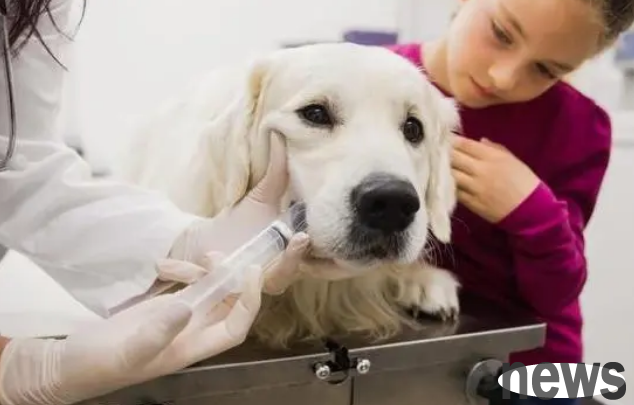All dog owners will encounter their dogs’ physical discomfort at one time or another. People say that good probiotics can indeed solve some of the dog’s minor illnesses and pains. Today, let’s talk about “probiotics”.

1. The immunity of puppies is low. Don’t rush to feed the puppies you just brought home. First, let them familiarize themselves with the environment and feed them some probiotics to relieve their discomfort in the unfamiliar environment.
2. The gastrointestinal development of dogs after weaning is not perfect and they are prone to diarrhea. Some probiotics can be appropriately fed to alleviate the symptoms.
3. If your dog has poor digestion or loss of appetite, you can feed it probiotics.
4. After vaccination, the immunity of dogs will decrease, and they may suffer from loss of appetite or vomiting and diarrhea. They can be adjusted by supplementing with probiotics.
5. For dogs that have undergone deworming, the deworming medicine will irritate the gastrointestinal mucosa and may cause vomiting and diarrhea. Probiotics need to be supplemented in time.
6. Dogs with gastrointestinal disorders after illness can be fed probiotics during the recovery period.
What are the benefits of eating probiotics:1. Helps gastrointestinal motility, promotes digestion and absorption, and increases appetite
2. Can improve dog immunity and enhance physical fitness
3. Can relieve vomiting and diarrhea
4. Can reduce dog bad breath problems caused by improper diet
5. Improve the stress response of vaccines, deworming, and food changes
6. Improve the problem of dog poop odor
Precautions for feeding probiotics:
1. Yogurt also has the function of regulating the gastrointestinal tract, but the number of probiotics in yogurt is very small and cannot be equivalent to the effect of probiotics.
2. It is not recommended to feed human probiotics to dogs, because human probiotics are configured according to human gastrointestinal needs, and it is difficult to control the dosage of dogs.
3. Feed your dog with pet-specific probiotics, which can be sprinkled in dog food or mixed into drinking water below 40°C for your dog to drink as soon as possible. Exposure to the air for too long or the water temperature is too high will render the probiotics ineffective.
4. For healthy dogs, feeding probiotics two or three times a week will help their health.
How to choose probiotics:1. Smell: Good probiotics smell of sour fermentation. Do not choose probiotics with fruity or milky flavors for your dog.
2. Look: good probiotics are grayish in color and not very white.
The quality of pet probiotics on the market is uneven. The editor recommends this "Greedy Pet Probiotic" to everyone. This probiotic contains a high number of active bacteria and can quickly balance the probiotic community in the dog's gastrointestinal tract, effectively improve gastrointestinal disorders and increase the dog's appetite.

1. The total number of viable bacteria is more than 30 billion
2. Using fifth-generation probiotics and biological substances
3. It is acid-resistant and can resist gastric acid decomposition without damaging the bacterial activity
If the dog's gastrointestinal function is fragile, pet owners can not only feed the dog probiotics in daily feeding, but also choose a dog food containing probiotics for the dog to better protect the dog's gastrointestinal function.